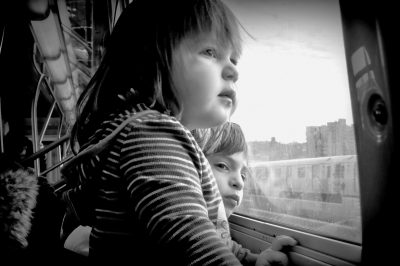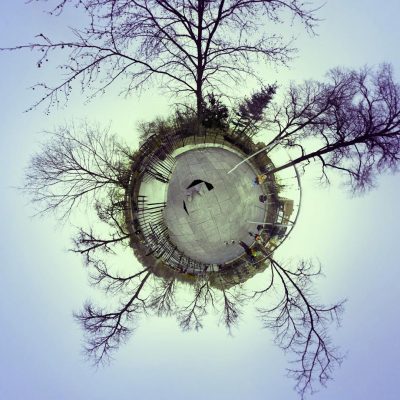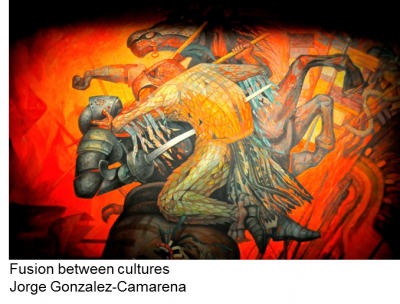SLHS - 2204
Speech Language Acquisition
How do we learn language? As infants, we seemingly don’t have a language, relying on our caregivers to interpret our every need. Yet by the time we attend school, we have command of an enormous vocabulary, advanced syntactic structures, and conversational skills that can guide us through any speaking situation. How and why does this transformation take place? Do we learn to communicate from our environment, or is language instinctive – encoded in our DNA? Questions like these perplex researchers across disciplines and across generations. We don’t have all the answers. But in this course, you’ll be introduced to some of the evidence, and the theoretical frameworks researchers have used to fit that evidence into the larger picture of language development. From there, you’ll be able to address the questions of the course with informed, clinical judgment.

SLHS - 4254
Introduction to Language Disorders in Children
In this course you will learn how to think about language disorders. I will introduce the conventions of causal modelling to help sort out your thoughts, make a distinction between facts and theories, and separate biological, cognitive and behavioral elements behind language disorders.

SLHS - 6123 / 5123
Bilingualism in Typical and Atypical populations: Language & Cognition
The course is open to graduate students and undergraduate students (SENIORS & JUNIORS; Juniors please EMAIL ME)
In this seminar, we will study the broad concept of bilingualism in 5 sections. The course will start by exploring the biological (sensitive periods) and cognitive factors associated with language acquisition. We will explore how basic perceptual abilities differ between bilingual and monolingual infants and the brain changes associated with learning more than one language. We’ll explore the formation of memory traces for the second language and for how long they last if the second language is no longer used. In line with development, we will consider research on the development of receptive and expressive vocabulary in bilingual and monolingual children. In the second section of the course, we’ll discuss research concerned with language disorders in bilinguals; specifically, Developmental Language Disorders (DLD) with emphasis in diagnosis. In the third section we will explore the concept of language mode. Language mode is defined as the psychological process of shifting speech perception and other linguistic constructs based on the language context. Accordingly, bilinguals’ activation of both of their languages varies along a continuum, such that at a given time one language will be more active than other (monolingual mode) or both languages can be active at the same time (bilingual mode). In the fourth section we’ll learn the concept of executive control and the role of the basal ganglia over speech production and the role of it in selecting a language in bilinguals. We’ll explore how executive control affects structure and function in the brain and how these changes yield to an enhanced cognitive state referred as cognitive reserve. For this purpose, we will explore the role of the cognitive reserve in bilinguals diagnosed with Alzheimer disease and dementia as well as bilingual patients with aphasia and brain injury. The fifth section will be devoted to reading. In this section we’ll review literature concerning the lexical and non-lexical route of reading and the brain structures associated with these paths. We will discuss biliteracy when reading opaque vs. transparent languages.

SLHS - 3299
Independent Research
In my independent study course students get exposed to the scientific method by doing research. Activities that are associated with research include: reading relevant literature, collecting data, analyzing data, writing a report and presenting a research project to a scientific community. Students are normally involved only in 2 or 3 activities because there is not enough time to go through all of these activities in a single semester. In my lab, students are mostly involved in data analysis, data preparation, and presenting a report in a local conference (Uconn Frontiers and/or Uconn Language Fest).
